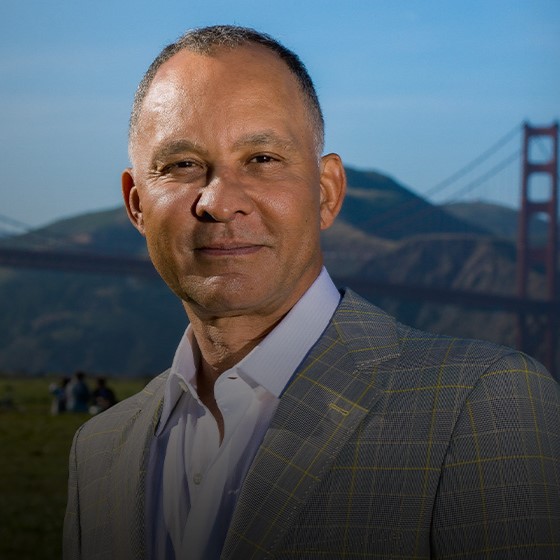Gynecomastia is a condition that is caused by a hormonal imbalance in the body. While it can develop at puberty for boys, it may or may not resolve itself by adulthood. Specific prescriptions, illegal drugs, or medical conditions such as hyperthyroidism, kidney failure, or cirrhosis of the liver can cause gynecomastia.
As the use of antipsychotic medications in children has become more common, doctors have seen an increase in cases of gynecomastia. Specifically, Risperdal® (risperidone) has been seen to cause gynecomastia in some children and teens that use the drug for behavior issues.
Currently, there is a movement to petition the FDA to ban Risperdal® for use in children and youn7g adults. The petition claims that long-term results have not been studied sufficiently to allow the drug to be used with these patients.
While drugs can cause gynecomastia, there is no drug to reverse the condition. Patients find that diet and exercise often have no effect and can make the condition appear worse by enlarging the chest. In many cases, plastic surgery is the only answer to resolve the condition.
Plastic surgeons often use a combination of liposuction and surgical excision of glandular tissue to correct gynecomastia, depending on the extent of the patient’s problem. Surgery is usually done under general anesthesia and takes about an hour to complete.
The majority of patients describe their recovery as uncomfortable rather than painful. They say they imagined it was going to be worse and compared it to the muscle ache experienced after a difficult gym workout. Even though some bruising and swelling after surgery is normal, most men notice an immediate improvement in their chest contouring.

